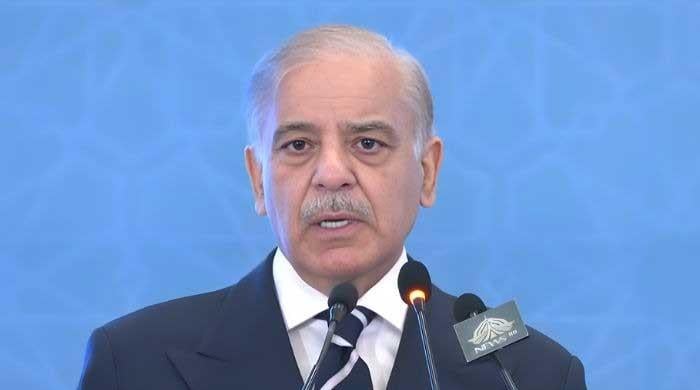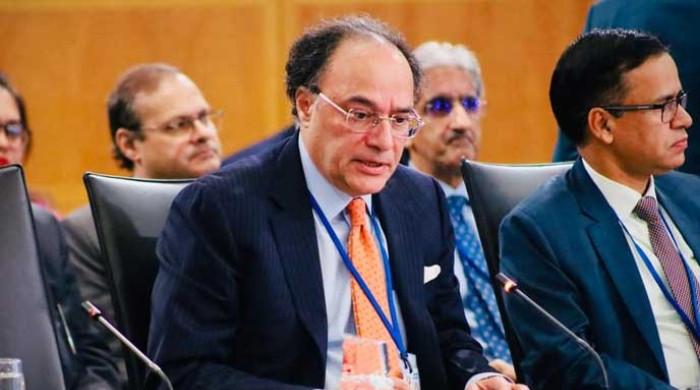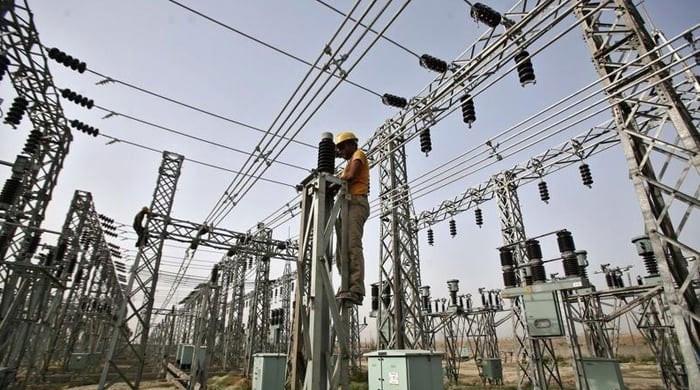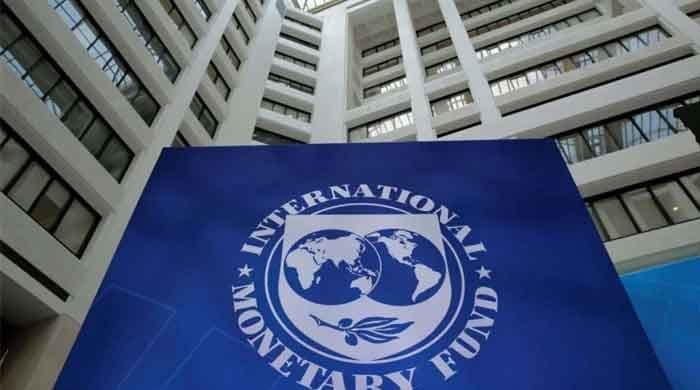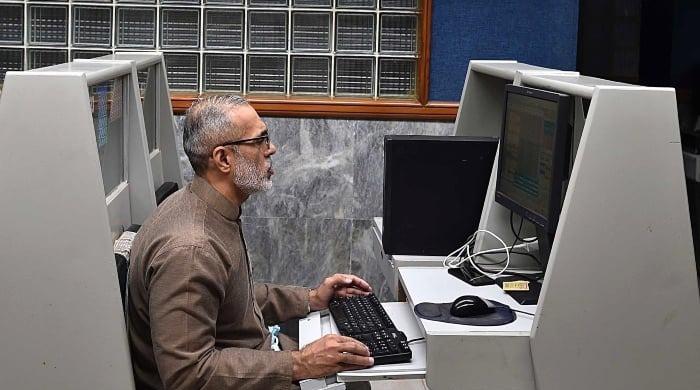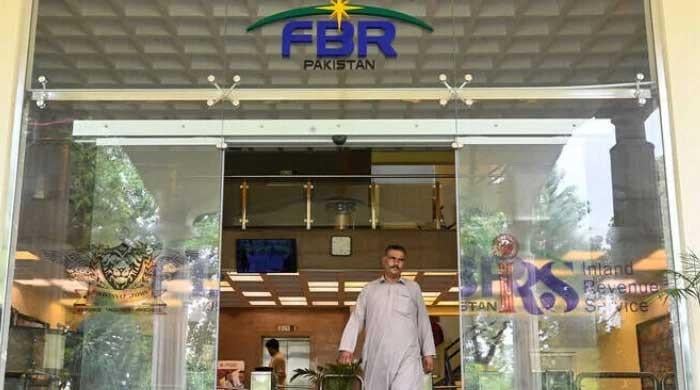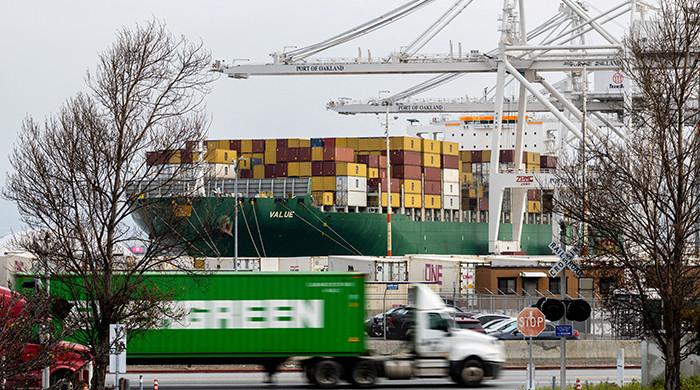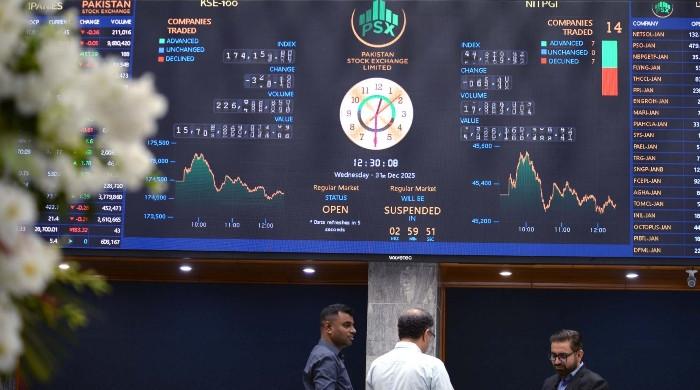Global lenders secure $3.5bn debt package for Reko Diq
US EXIM’s $1.25bn facility helps secure half of the $3.5bn debt for the $7.7bn Reko Diq project
November 28, 2025
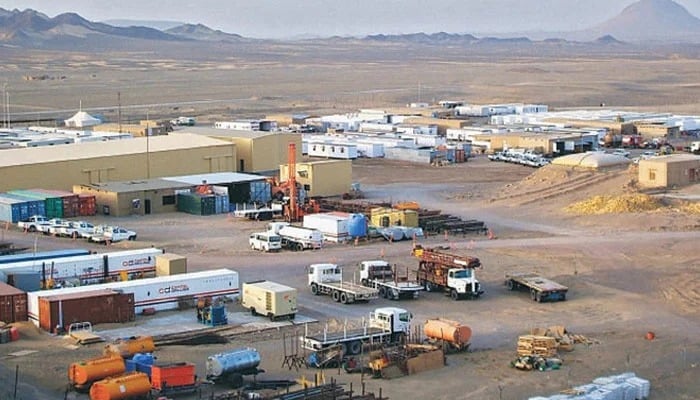
- Officials expect full financial close by mid-December.
- IFC, ADB, JBIC and European ECAs commit project debt.
- RDMC pledges $390m to upgrade ML-2 and ML-3.
ISLAMABAD: In a major boost for Pakistan’s biggest mining scheme, half of the $3.5 billion debt required for the Reko Diq copper-gold project has been secured after the US Export–Import (EXIM) Bank approved a $1.25 billion facility, The News reported.
Officials now expect to achieve full financial close on the $7.7 billion venture in the first two weeks of December, ahead of a Reko Diq Mining Company (RDMC) board meeting on December 9, where final approval is considered likely.
The project’s capital expenditure was initially estimated at $6.9 billion, but lenders pushed for an upward revision to $7.7 billion to build in contingencies and risk buffers.
Senior officials involved in the negotiations said $3.5 billion has already been arranged out of the $5.5 billion in commitments from multilateral lenders and export credit agencies.
“We first approached the most interested international financial institutions, EXIM banks, and export-and-import financing agencies, prioritising those offering the most competitive borrowing terms,” one official said.
The financial close — earlier targeted for October 2025 — was delayed due to the US government shutdown, which halted EXIM Bank board decisions. With the shutdown now resolved, the bank has approved its $1.25 billion tranche.
Canada’s Export Development Canada (EDC) will co-finance the venture as an export credit agency, bringing the combined US EXIM–EDC financing to $1.4 billion. In return, both agencies will supply critical equipment and services for mine construction.
Multilateral lenders have also heavily invested, with the International Finance Corporation (IFC) contributing $700 million and the Asian Development Bank (ADB) $300 million.
The Japan Bank for International Cooperation (JBIC) is set to extend import financing of close to $300 million, while three European entities — Germany’s Euler Hermes and KfW, and Sweden’s EKN — will jointly provide $900 million in long-term import financing tied to off-take agreements for copper, gold, and associated minerals.
Collectively, the JBIC and European contributions account for 30% of the financing package.
Officials said detailed interest-rate negotiations are underway, noting that “different parameters apply across lender categories” and that financial managers are in “intense discussions” to finalise terms. In case of disputes, the agreements designate the London Court of International Arbitration under English law as the binding forum.
Construction momentum has been building since 2023, with heavy machinery mobilised at the project site and both local and foreign contractors accelerating mine-development activities.
The financing blueprint follows a 50:50 debt-to-equity ratio aimed at ensuring financial stability while distributing risk between domestic and international partners. RDMC — the special-purpose vehicle executing the project — is owned by Barrick Gold Corporation (50% and lead operator), the Government of Pakistan (25% via OGDCL, PPL, and GHPL), and the Government of Balochistan (25%, including a 10% free-carried interest and a 15% fully funded share).
This structure ensures Balochistan benefits from revenue without bearing upfront financial obligations.
In parallel, RDMC has pledged $390 million in bridge financing to upgrade Pakistan Railways’ Main Line-2 and Main Line-3, strengthening logistical links between the mine and Port Qasim. The rail upgrades are expected to be completed before production begins in 2028, enabling smooth export of processed copper and gold.




